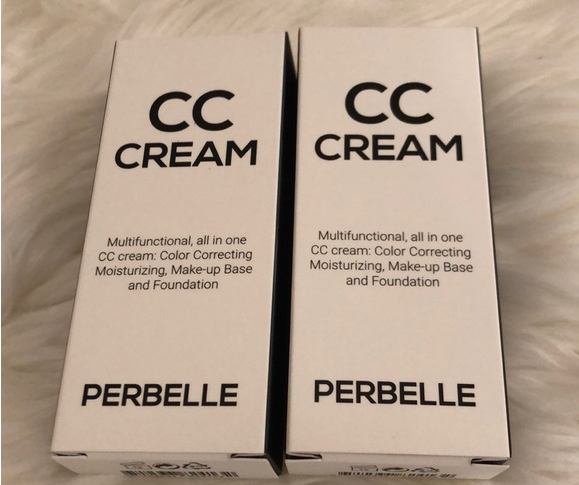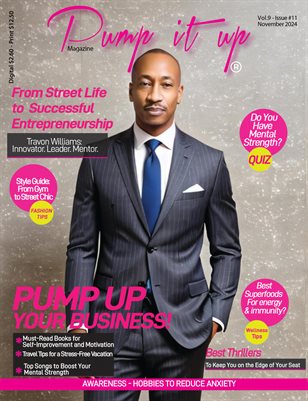Are you straining to sing your high notes? Is your voice tired or sore after long rehearsals or performances? If you want to sing with clarity, power, and less effort, here are a few simple tips you can use to sing better now.
1. Warm up your body before your voice.
Aerobic exercise is a great way to warm up before singing. When your body is energized, your voice responds faster. You’ll know you’re warm when you start to sweat.
2. Release tension.
Tension is a singer’s worst enemy. Yoga or deep stretching before you sing will show you where you’re holding tension. Don’t hold your breath and try to push past your limit. Gently exhale deeper into each stretch. Your mouth and jaw should open and close freely, your facial muscles, lips, tongue, neck, and shoulders should move without tension, and your eyes should be relaxed and alive.
Get Cast Today
3. Don’t “take” a breath.
When we speak, we don’t run out of breath in the middle of our sentences and we don’t actively “take” a breath before we speak. Our body knows how much air we need because it responds to what we want to say. In much of our vocal register, the same rules apply. Actively “taking” a breath can cause tension in your chest, shoulders, and neck. Think your thought and you’ll have the air you need for the phrase you need to sing.
4. Don’t hold your breath before you sing.
Read any sentence in this article out loud. Done? Notice you didn’t hold your breath and you exhaled as you spoke. Now sing that sentence. It should feel the same. If you took a breath and held it right before you sang, you’re causing tension by doing too much. Just say what you have to sing.
5. Open your mouth.
If you’re not holding your breath you’ll feel an instant connection to your belly moving in and out. If this feels like it does when you’re yawning, you’re open wide enough. At least two fingers’ width between your teeth is a good position for singing.
6. Remain relaxed.
Keep a slack jaw (open mouth), fat tongue, loose jaw, lips, and neck. Your head should float like a bobblehead doll.
7. Speak on pitch.
Singing should feel the same as speaking. Rest your fingertips on your Adam’s apple (or where it would be for women). This is your larynx which houses your vocal cords. Swallow and it moves up. Yawn and it comes down. When you speak normally it stays in place, even when the spoken pitch varies. The same thing should happen when you sing. It stays still whether you’re moving up or down in pitch. Relax your larynx to keep it steady and sing the way you speak.
8. Care deeply about what you’re singing.
Whatever you’re saying and singing must mean everything to you. You must understand your lyric in a deeply personal way. This makes your performance believable and allows your voice to relax and open in response to your thoughts just as it does when you speak passionately in your life.
9. Singers are athletes.
Singing is physical. You must express your passion with your whole body. Bend your knees and engage your quads (thigh muscles) while keeping your upper body relaxed and free as a bird.
10. Warm down.
Try humming on low pitches or sliding from your highest, easily reached note, down to your lowest note for a few minutes to warm down after a performance. These exercises re-lubricate tired vocal folds and have a calming effect.
11. High notes go down, not up!
When you approach a high note, think that it goes down, not up! It’s like the way a seesaw works. When someone sits on one end, it goes down but your end goes up. The heavier they are, the higher you go. Likewise, give your high notes plenty of oomph “down” if you want them to pop up on the other end.
12. Work with a good coach.
It’s safer, more fun, and you’ll learn to sing well faster with a good coach. No matter who you choose, your coach should sound good when they sing.
Looking for remote work? Backstage has got you covered! Click here for auditions you can do from home!
The views expressed in this article are solely that of the individual(s) providing them,
and do not necessarily reflect the opinions of Backstage or its staff.



 How to Become a Singer
How to Become a Singer







